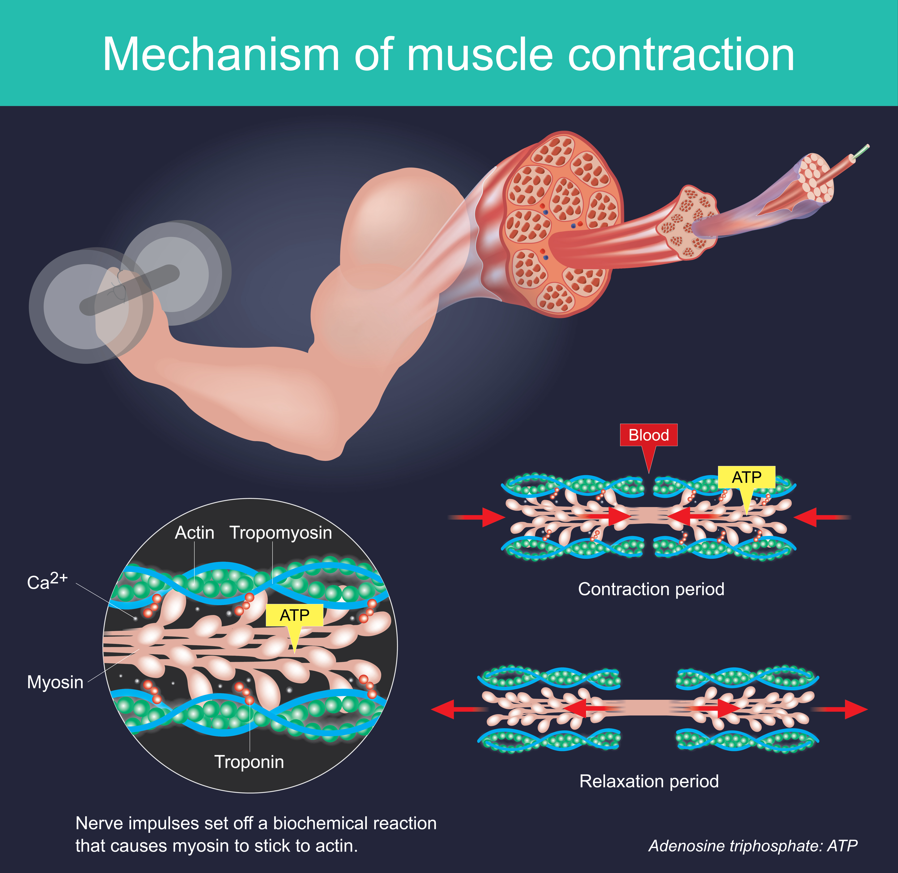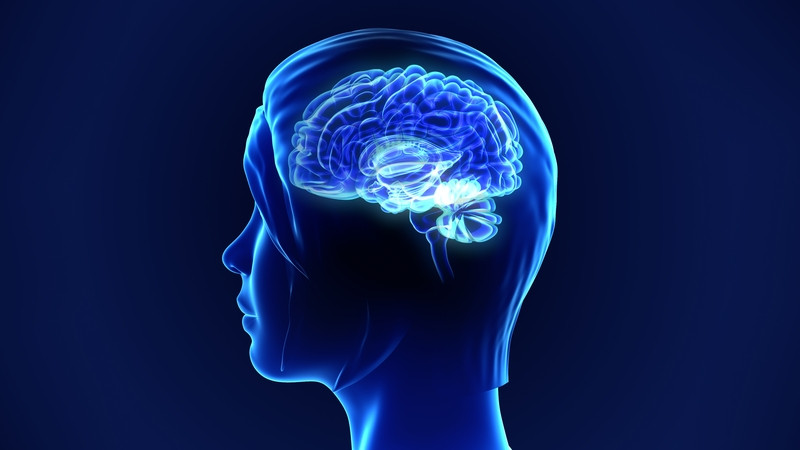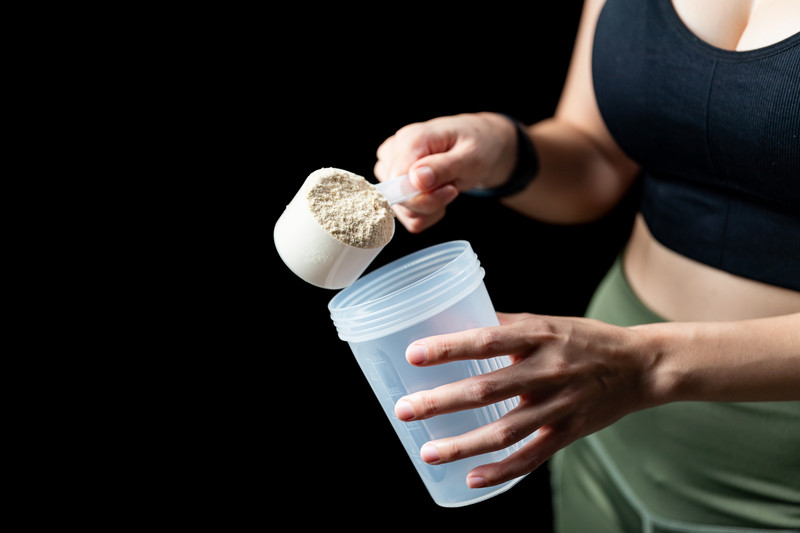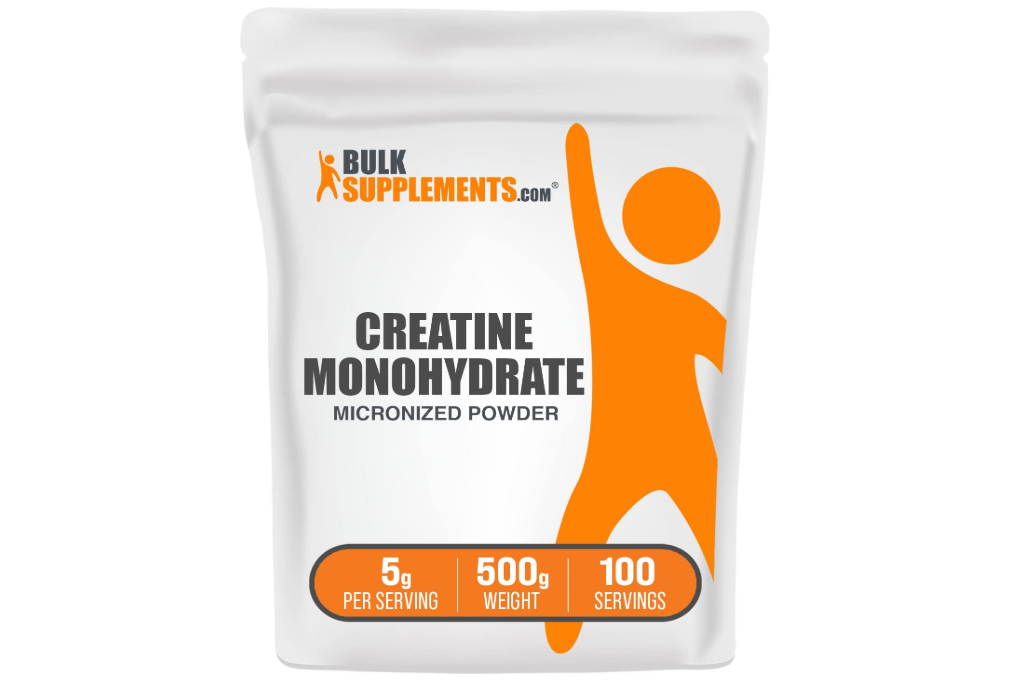Health, Nutrition, Strength And Conditioning
Welcome and thanks for visiting...

Creatine Benefits Backed by Science: What It Does for Your Body and Brain

Creatine monohydrate is arguably the most researched and effective nutritional supplement available today. Backed by decades of scientific evidence, it has benefits that reach far beyond the gym. It enhances physical performance, supports cognitive function, benefits women’s health, and shows promise in clinical applications ranging from neurological disorders to cardiovascular health.
This comprehensive blog explores the wide-ranging benefits of creatine, drawing from recent peer-reviewed studies and expert consensus. Whether you're an athlete, a student, a parent, or a healthcare professional, creatine might have a role in optimizing health and performance.
What Is Creatine and How Does It Work?
Creatine is a naturally occurring compound synthesized from the amino acids arginine, glycine, and methionine. It is stored primarily in skeletal muscle (~95%) and to a lesser extent in the brain (~5%). Creatine serves as a phosphate donor to regenerate ATP (adenosine triphosphate), the primary energy carrier in the body.
By increasing the phosphocreatine stores in muscles and brain tissue, creatine supplementation helps rapidly regenerate ATP during high-energy-demand activities such as sprinting, lifting weights, or performing mentally taxing tasks. Supplementation typically involves a loading phase (20 grams per day for 5 to 7 days) followed by a maintenance dose (3 to 5 grams per day).

Creatine for Athletic Performance and Muscle Building
Creatine is best known for its role in enhancing athletic performance. It works by increasing the availability of phosphocreatine in muscle cells, allowing for quicker regeneration of ATP during short bursts of intense activity. This makes it especially effective for improving outcomes in strength training, sprinting, and other anaerobic efforts. Numerous studies have shown that creatine monohydrate supplementation:
-
Increases maximal strength and power output
-
Improves sprint performance and high-intensity exercise capacity
-
Enhances muscle mass gains when combined with resistance training
-
Reduces muscle damage and inflammation
-
Improves glycogen resynthesis after exercise
These benefits are particularly pronounced in activities involving short bursts of intense activity, such as weightlifting, sprinting, and team sports. Creatine also allows for greater training volume, which translates into more significant adaptations over time.
Creatine for Brain Health and Cognitive Function
Beyond the muscle, creatine also plays a vital role in brain energy metabolism. Studies indicate that brain creatine levels can be modestly increased through supplementation, which may have cognitive and neuroprotective benefits.
Key cognitive benefits include:
-
Enhanced memory and learning ability, especially in sleep-deprived individuals
-
Improved attention and mental clarity during high-stress situations
-
Potential mitigation of cognitive decline in aging populations
-
Support for neurological recovery after brain injury or concussion

Creatine has also shown promise in addressing mental health conditions such as depression, especially when used as an adjunct to standard treatments.
Creatine for Women’s Health and Hormonal Support
Women often have lower baseline creatine stores than men, making them particularly responsive to supplementation. Creatine is gaining popularity among women not just for fitness, but for overall wellness.
Benefits of creatine for women include:
-
Reduced fatigue during different phases of the menstrual cycle
-
Support for lean muscle mass and bone density, especially post-menopause
-
Cognitive enhancements, particularly in high-stress or sleep-deprived scenarios

Importantly, creatine does not cause unwanted weight gain when used correctly. The initial water retention is mild and usually transient.
Creatine for Vegetarians and Vegans
Individuals following plant-based diets typically have lower creatine levels because dietary creatine is found mainly in animal products. Studies show that vegetarians and vegans experience even more significant benefits from supplementation, including:
-
Greater improvements in muscle creatine content
-
Enhanced strength and cognitive performance
-
Support for mood and energy regulation

For plant-based individuals, creatine supplementation can be considered a fundamental part of an optimal nutritional strategy.
Creatine’s Role in Aging and Clinical Health
Emerging research points to creatine’s potential in clinical and aging populations. The supplement is being explored for its roles in:
-
Preventing sarcopenia (age-related muscle loss)
-
Supporting individuals with muscular dystrophy and other neuromuscular disorders
-
Improving outcomes in mild traumatic brain injury (mTBI) and concussion recovery
-
Enhancing mitochondrial function in neurodegenerative diseases such as Parkinson’s and Alzheimer’s

Early findings also suggest potential cardiovascular benefits, such as reduced homocysteine levels, better endothelial function, and lower systemic inflammation. While more clinical trials are needed, the current evidence is encouraging.
Is Creatine Safe? Debunking Myths and Misconceptions
Despite widespread usage, creatine remains misunderstood. Let’s debunk some common myths:
-
Creatine does not damage the kidneys or liver in healthy individuals
-
It does not cause dehydration or increase the risk of cramps
-
It is not a steroid and does not negatively affect hormones
-
Hair loss claims are unsubstantiated and lack clinical backing
Creatine has an excellent safety profile and is well-tolerated across a wide range of populations, including children, older adults, and those with certain health conditions.
Best Type of Creatine: Why Monohydrate is the Gold Standard
There are many creatine variants on the market—citrate, ethyl ester, hydrochloride—but creatine monohydrate remains the most researched and effective form. It is:
-
Highly bioavailable
-
Cost-effective
-
Clinically validated in hundreds of trials
Alternative forms often carry higher costs without demonstrating superior outcomes.
How to Take Creatine: Dosage and Timing Guidelines
Here is a simple protocol for most users:
-
Loading phase: 20 grams per day (divided into 4 doses) for 5 to 7 days
-
Maintenance phase: 3 to 5 grams per day
Creatine is best taken with a carbohydrate- or protein-rich meal to enhance absorption. Splitting doses can help reduce the risk of stomach discomfort.
Special considerations:
-
For brain health: Some experts suggest 5 to 10 grams per day, potentially split into morning and evening doses
-
For clinical applications: Work with a healthcare provider to determine the appropriate dosing strategy
Why Creatine Deserves a Place in Your Routine
Creatine is far more than a muscle-building supplement. It is a well-rounded compound with benefits spanning physical performance, brain health, women’s wellness, aging, and even clinical applications. It is one of the most thoroughly studied, safest, and most effective supplements available.
With a small daily dose, creatine can help you perform better, think clearer, and age more gracefully. Whether you're an elite athlete, a student under stress, or someone looking to improve healthspan, creatine deserves your attention.
Consider adding creatine monohydrate to your wellness routine and join the growing community of individuals benefiting from this remarkable compound.
References and Further Reading
-
Common Questions and Misconceptions about Creatine Supplementation
-
Creatine for Exercise and Sports Performance, with Recovery Considerations
-
Effects of Creatine Supplementation on Brain Function and Health









